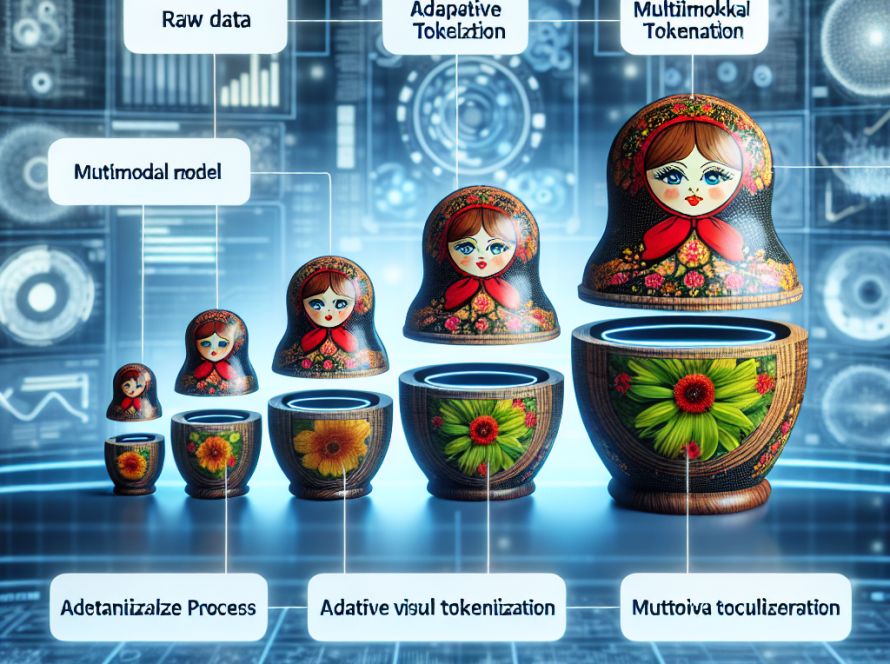First-year students in the Social and Engineering Systems (SES) doctoral program within the MIT Institute for Data, Systems, and Society (IDSS), Eric Liu and Ashely Peake are focusing their research on studying housing inequality issues. Both students took part in the annual MIT Policy Hackathon, an initiative that brings together students from around the globe to discuss and propose potential solutions to a range of societal challenges. The theme for this year’s event was “Hack-GPT: Generating the Policy of Tomorrow,” which promoted the use of generative AI tools.
The hackathon took a virtual approach this year, allowing for increased participation and teams per challenge. Co-chair Dansil Green acknowledged the benefits of the virtual format, including reaching more international participants and reducing costs. The future of the event will likely incorporate a blend of in-person and virtual elements.
In the housing challenge, Liu and Peake formed a winning team, “Team Ctrl+Alt+Defeat,” which devised a plan to address the eviction crisis in the U.S. Working alongside Adrian Butterton, Hudson Yuen, and Ian Chan, the team was able to think about the problem realistically and develop an adaptable solution which could manage different types of problems.
The hackathon was beneficial not only for participants but also for sponsors, as it provided an opportunity to connect with talented individuals and explore new ideas and solutions. German-based identity solutions company, Veridos, sponsored the challenge in Data Systems for Human Rights, focusing on innovative solutions to universal birth registration. The company’s senior AI product manager, Letizia Bordoli, highlighted the unique perspectives the hackathon brought to challenges, and the potential for innovation in solutions.
This year’s hackathon also featured a new challenge category in the area of space for environmental justice. The challenge, particularly difficult to achieve as a lot of space data is proprietary, required the use of open-source data to generate solutions. Team EcoEquity proposed policies to enhance the use of satellite data in assessing and increasing water resiliency for vulnerable communities.
Overall, the MIT Policy Hackathon was a platform for participants to collaborate on important societal issues. It offered a unique and immersive experience, particularly for participants like Liu and Peake, in exploring real-world issues and creating innovative solutions. The Hackathon was a stepping stone in their research journey, exposing them to real-world issues and giving them an opportunity to test and apply their theories.


